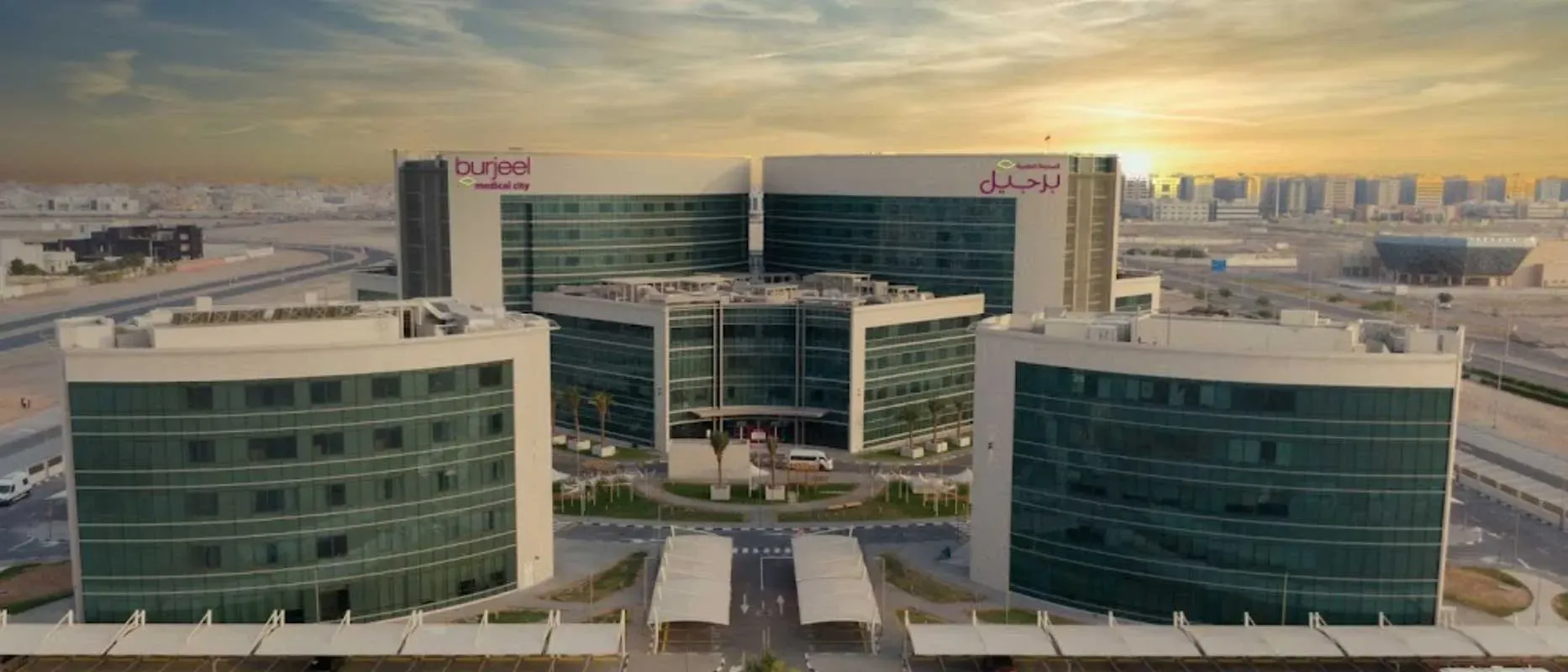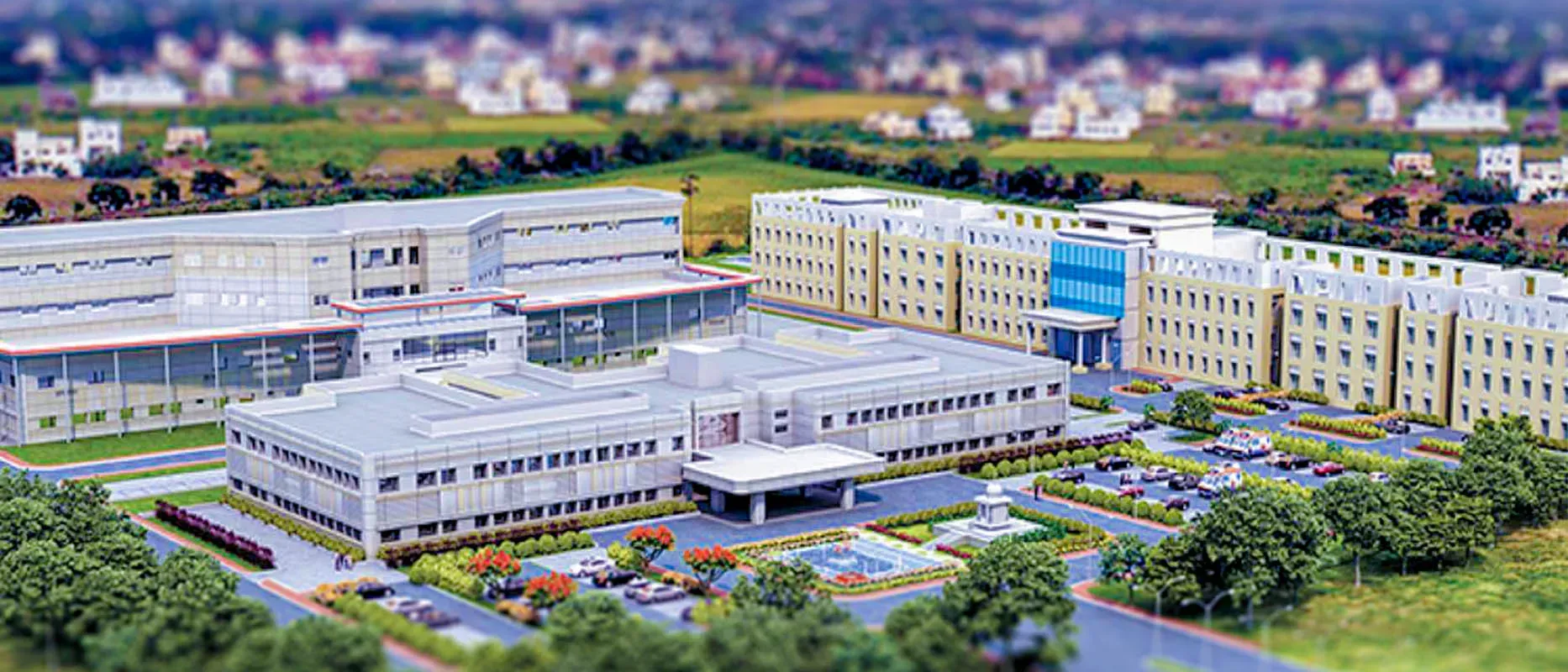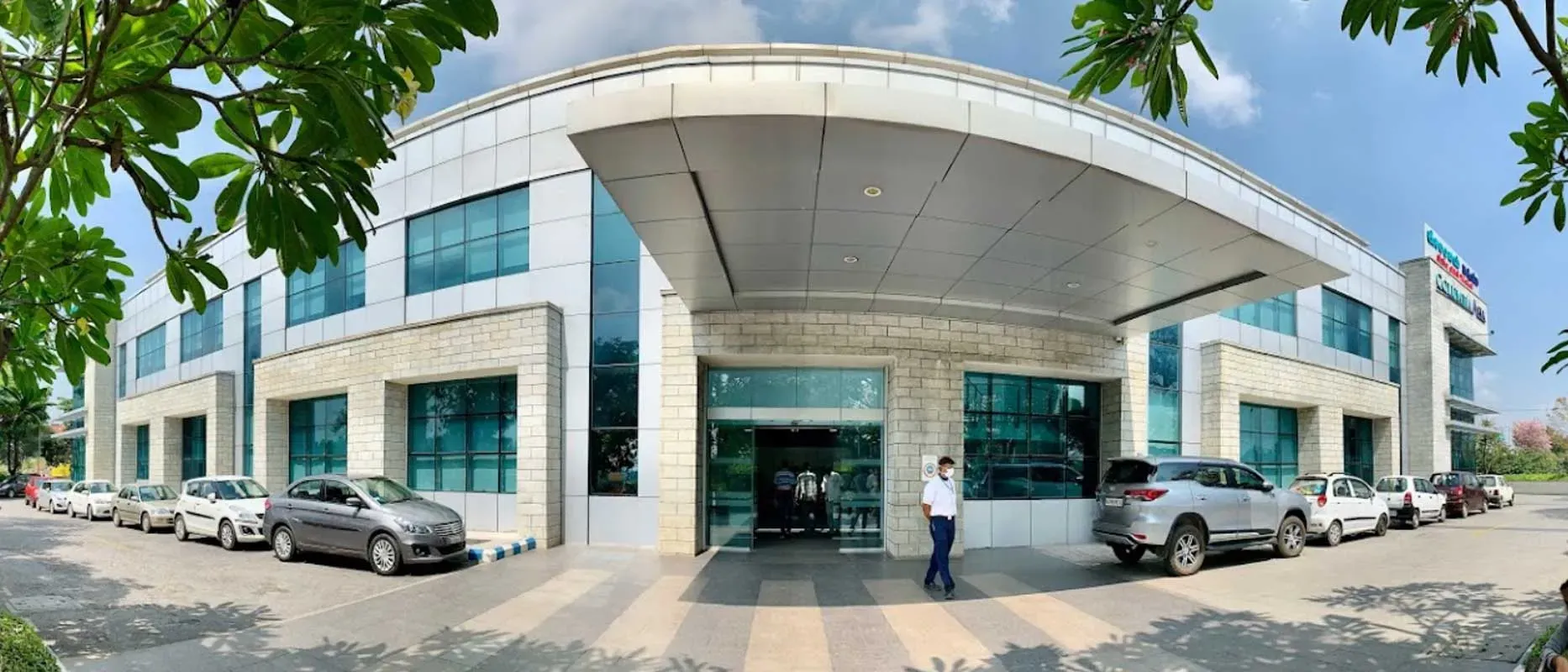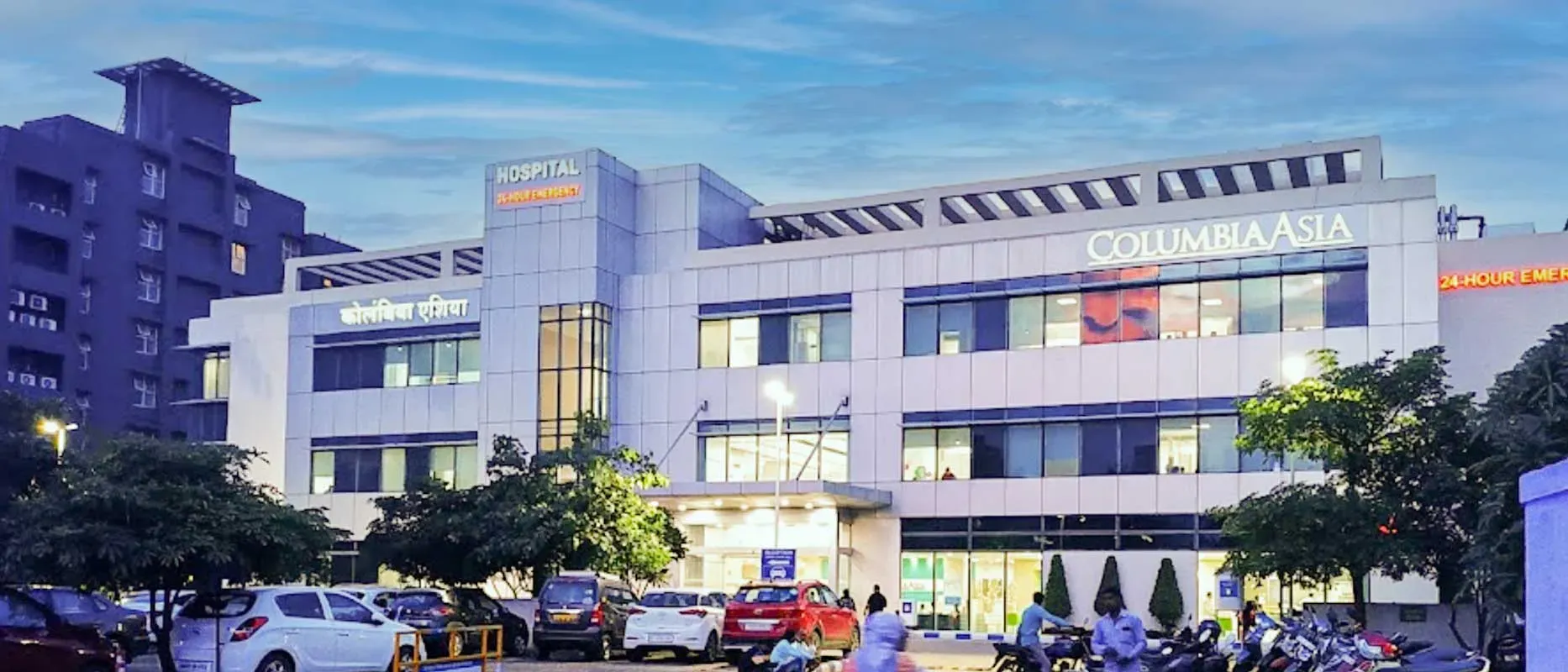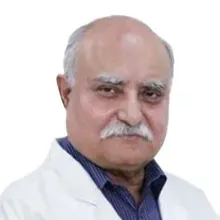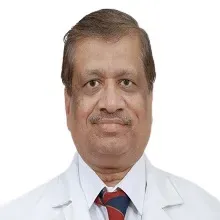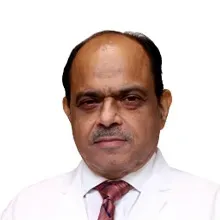Overview of Valve Repair Treatment India
The heart has four valves that help regulate blood flow by opening and closing with each heartbeat. Heart valves that are damaged or diseased may require repair or replacement when they fail to function properly. Valve stenosis, which refers to stiffness, and valve regurgitation, which involves a leaky valve, are conditions that can cause heart valve dysfunction. It is difficult for the heart to pump blood when the valves are stiff and leaky valves result in backward flow of the blood that leads to decreased blood flow in the normal direction. Traditionally, open-heart surgery is used in the valve repair treatment. This involves a large chest incision and temporarily stopping the heart to facilitate the surgical procedure. However, advancements in medical techniques have introduced less invasive procedures. Minimally invasive procedures involve smaller incisions that have the advantage of reduced postoperative pain and shorter hospital stay. For repair valve treatment, it may involve the use of a supportive ring. But some of the damaged valves cannot be treated with repair surgery and it may require the total replacement of the valve. It usually depends on the type and severity of the valve problem and the general health of the patient. Heart valve repair has a good success rate but the success of valve repair surgery usually depends on the skill of the surgeon, and less complications during or after the valve repair.
Types of Valve Repair Treatment India
There are different techniques in which heart valve repair surgery is performed. These are:
- Annuloplasty
- Leaflet repair
- Chordal reconstruction
- Chordal replacement
- Commissurotomy
- Decalcification
- Patch repair
Annuloplasty
This technique involves repairing the opening of the valve which is known as annulus, which is the ring-like structure that surrounds the valve. Annuloplasty is commonly used in mitral valve repair and aortic valve repair. It can be performed by inserting a prosthetic ring or band around the annulus to reshape and support it.
Valve Leaflet Repair
In cases where the valve leaflets are damaged or not functioning properly, various techniques can be used to repair them. This may involve reshaping, resizing, or reattaching the leaflets to improve their function. The specific technique used depends on the nature and extent of the leaflet abnormality.
Chordal Repair
The chordae tendineae are thin strands that connect the valve leaflets to the muscles of the heart. If these cords are ruptured or elongated, they can lead to valve dysfunction. In this case, chordal repair surgery is performed that involves repairing or reconstructing the damaged cords.
Commissurotomy
This technique is primarily used in cases of mitral valve stenosis, where the valve leaflets become stiff and fused together. Commissurotomy involves separating the fused leaflets to restore proper valve opening and improve blood flow.
Decalcification
Calcium deposits can accumulate on valve leaflets, leading to valve dysfunction. In some cases, the surgeon may need to remove or reduce the calcium deposits through a process called decalcification. This helps restore the flexibility and proper function of the valve.
Patch Repair
In certain cases, a patch may be used to repair a portion of the valve leaflet that is damaged or insufficient. The patch can be made from synthetic materials or tissue grafts, and it helps to strengthen and reconstruct the affected area.
Procedure of Valve Repair Surgery
General overview of the repair valve surgery is described below:
Anesthesia: The patient receives general anesthesia to ensure unconsciousness and to limit the irritation and discomfort during the surgery.
Incision: the large incision is made in traditional open heart surgery or smaller incisions are made which depends on the condition and the valve involved.
Heart lung Bypass: The patient is connected to a machine that temporarily takes over the heart and lung functions. This allows the surgeon to work on the non-functioning valve while maintaining the circulation of blood.
Valve Exposure: The surgeon carefully exposes the affected valve by opening the appropriate heart chambers.
Valve Repair: The surgeon performs the necessary repair techniques specific to the valve and condition being treated. These techniques may include annuloplasty, leaflet repair, chordal reconstruction, commissurotomy, decalcification, or patch repair. The goal is to restore normal valve function.
Assessment and Testing: The surgeon evaluates the repaired valve to ensure proper function and effective sealing to prevent leakage or stenosis.
Closure: Once the valve repair is successful, the surgeon closes the heart incision by using sutures. Dressings and bandages are applied for healing and the prevention of infection.
Heart Restart: The heart-lung bypass machine is gradually discontinued, allowing the heart to resume its normal function. The patient's circulation is carefully transitioned back to its usual state.
Chest Closure: The surgeon closes the chest incision by using sutures and applying some medications to prevent any type of infection.
Recovery: medications are used to manage the pain after operation. Some medications are also used to prevent blood clot formation to avoid any complications after the procedure.
Diagnosis of Valve Repair Treatment India
Cost of Valve Repair Surgery in India
The cost of valve repair surgery in India ranges from 2500 USD to 4000 USD. The cost may vary according to hospital, city of India, patient’s condition and complications of procedure at the time of surgical procedure.
Cost of different procedures of valve repair surgery in India:
| Treatment Costs in India |
Min in USD |
Max in USD |
| Aortic Valve Repair |
1980 USD |
2640 USD |
| Mitral Valve Repair |
1066 USD |
1421 USD |
| Annuloplasty |
2001 USD |
2342 USD |
| Valve Repair Replacement |
3729 USD |
4972 USD |
Symptoms and Risk factors
Here are some of the names of conditions in which valve repair surgery is indicated:
- Mitral valve regurgitation
- Aortic valve regurgitation
- Tricuspid valve regurgitation
- Mitral valve stenosis
- Aortic valve stenosis
- Tricuspid valve stenosis
- Pulmonary valve regurgitation
- Pulmonary valve stenosis
- Mitral valve prolapses
- Bicuspid aortic valve
- Infective endocarditis involving heart valves
- Rheumatic heart disease with valve dysfunction
- Congenital heart defects involving heart valves
Risk Factors of Valve Repair Surgery
Some risk factors associated with valve repair surgery are described below:
Bleeding
Surgery involves the risk of bleeding, which should be managed properly.
Infection
There is a risk of developing an infection at the surgical site. Infection can happen right after the surgery or after a long time.
Anesthesia Complications
Anesthesia has some complications associated with it such as breathing difficulties, allergic reactions and infertility.
Blood Clots
After surgery, there is a risk of blood clots that form in the legs and then can travel to major organs and cause major complications.
Valve Dysfunction
There is a chance that the valve may not function properly after the surgery. This may need additional surgery of valve repair or may need valve replacement.
Valve Reoperation
In some instances, the repaired valve may require reoperation in the future due to recurring valve dysfunction or other complications. This is more likely in complex cases or when the repair is not fully successful.
Stroke
During surgery, there is a small risk of clots or debris formation that can later dislodge and travel to the brain and can be the cause of stroke.
Damage to Surrounding Structures
There is a rare possibility of damage to the structures in surroundings, such as blood vessels or nerves, during the surgical procedure.
Top Hospitals for Valve Repair in India
Shaping the future of the healthcare institution and establishing the path to accomplishment.
Top Doctors for Valve Repair in India
Empower your Health with the Expertise of Leading Medical Professionals.
Dr. Ajay Kaul
Department of Cardio Thoracic and Vascular Surgery
Senior Consultant
Book Appointment
Dr. Salgunan Nair
Department of Cardio Thoracic and Vascular Surgery
Consultant
Book Appointment
Treatment Costs for Valve Repair
Be the change and be an opportunist in transforming healthcare.
How it's Works
Guiding your Journey from Discovery to Treatment Planning and Beyond.
Discovery
Get a consultation to discover about your treatment
Pre-Treatment
Admission to the best hospital and all pre-treatment facilities
Post Treatment
Get post-treatment follow-up care with medicine fulfillment
Treatment Planning
Hassle-free treatment planning with package & cost estimations
in-treatment
world-class quality procedures and equipment for treatment













